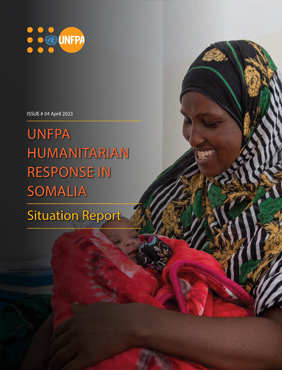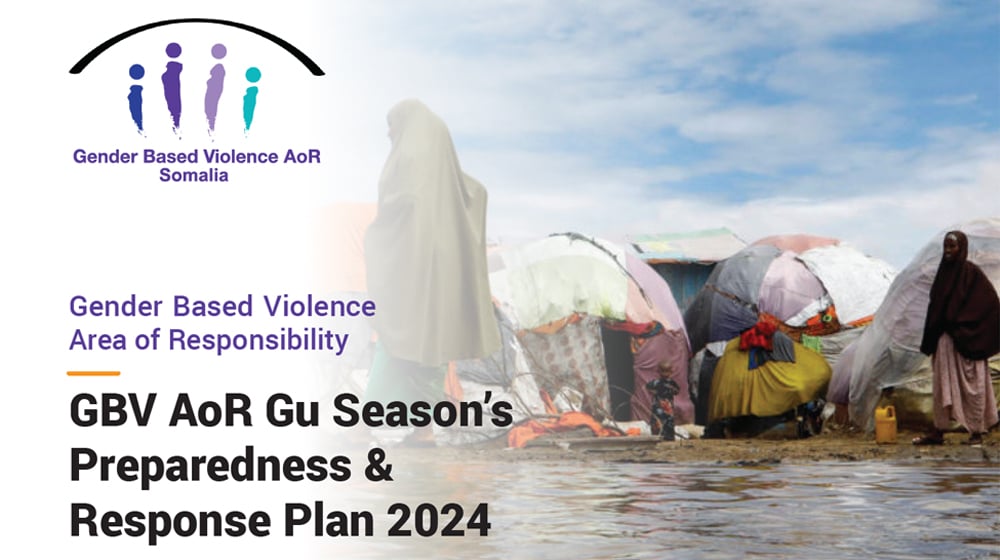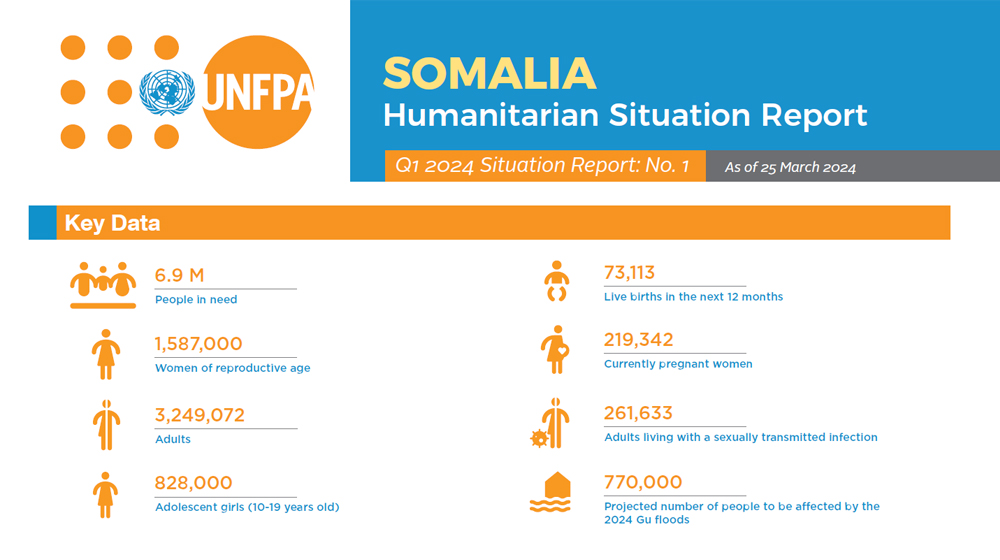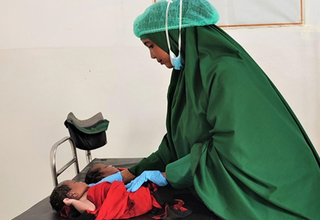The humanitarian situation in Somalia remains one of the most complex in the world, impacting millions of people due to various challenges including displacements, climatic shocks, drought, flash floods, riverine floods, and armed conflict. According to the Somalia 2023 Humanitarian Needs Overview (HNO), approximately 8.25 million people, nearly half of the population, require life-saving humanitarian and protection assistance.
Recent heavy rains have led to flash and riverine floods, affecting over 100,000 individuals. If the heavy rains persist during the current Gu season in Somalia and the Ethiopian highlands, it is anticipated that flash and riverine floods could impact up to 1.6 million people, with over 600,000 people being displaced. Hotspot areas along the Juba and Shabelle rivers, as well as parts of Bay and Banadir Regions, are particularly vulnerable. Additionally, localized flooding is anticipated in Galmudug, Puntland, and Somaliland.
In response to the conflict-affected population in Las’anod, UNFPA is delivering urgent life-saving sexual and reproductive health (SRH) services, as well as gender-based violence (GBV) support. UNFPA’s efforts include supporting 11 Emergency Obstetric and Newborn Care (EmONC) facilities, with eight located in the Sool region (including Falayeryaal, Awrbogays, Saah-Dheer, Las’anod, Xalin, Las’anod, and Hudun) and three in Garowe. These facilities operate 24/7 to cater to the needs of women, girls, and children affected by the conflict.
UNFPA is also focusing on strengthening the capacity of its partners to enhance the delivery of SRH and GBV services in response to the growing needs. Health facilities and mobile clinics are providing services for maternal and newborn health, birth spacing options, and the Clinical Management of Rape (CMR). Additionally, mental health and psychosocial support services are being offered to survivors of GBV in safe spaces designated for women, girls, and young people, as well as in one-stop centers.




